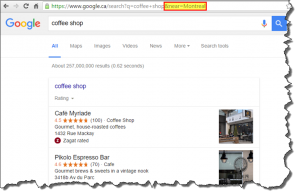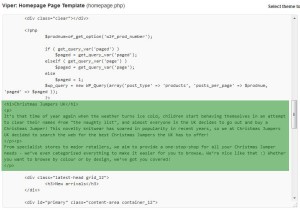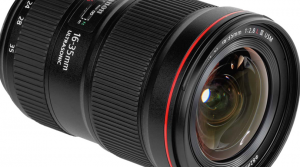Columnist Jeff Baum explains that when properly set up, call tracking can help you both measure the value of your PPC campaigns and optimize them for better ROI.

Many businesses receive significant lead volume from phone calls. The reason marketers want to generate phone leads is to capitalize on the immediacy of being able to activate the sales funnel.
This article delves into why lead generation businesses need to have a call tracking solution in place, how data collected through call tracking technology can improve conversion funnel performance and why integrating call tracking into third-party systems can lift paid search performance.
Why do lead generation businesses need call tracking?
Lead generators run into a blind spot when trying to assess the value of their paid search campaigns. While it’s easy to track web-based conversions, phone leads generated through a single “catch-all” phone number can’t be tied back to a specific source or keyword.
Optimizing accounts with incomplete information leads to poor outcomes such as pausing campaigns, reducing keyword bids or removing marketing sources that could be providing value through phone conversions.
Call tracking provides visibility into total account performance via use of tracking phone numbers. These tracking numbers identify a phone lead’s marketing source (e.g., Google or Bing) and the keyword that specifically drove that phone conversion.
Having this additional information on hand better informs key decisions such as whether account structure needs to be altered or budget allocations shifted between campaigns and sources. For instance, analysis of data from a call tracking solution can lead to expanding a PPC account into new campaign types (such as call-only campaigns) or optimizing an account’s ad messaging to include “call us today” or similar call-to-action messaging.
Improving the conversion funnel
Generating leads is only half the battle for lead generation marketers. The leads generated need to convert into paying customers to justify the outlay of marketing dollars. A call tracking solution can also bring specific information to paid search marketers about the sales funnel that can be optimized. Here are a few solutions to consider.
- Automatic phone routing. Provides the ability to set specific rules and criteria to take inbound calls and automatically route them to a salesperson in real time. Immediately routing phone leads to a salesperson or call center reduces lead aging and increases the probability of converting that lead.
- Phone call classification. Variations of this feature can be used to automatically classify phone leads as good leads or bad leads. Furthermore, automatic classification of phone calls can help determine whether paid search traffic is truly driving sales-related calls or support calls. Leveraging this information can help optimize PPC campaigns to ensure high-quality, sales-oriented leads are being generated and that every marketing dollar is optimized for maximum return.
- Call transcripts. Analyzing conversations between customer and sales representative is one of the best ways to both optimize the back-end conversion funnel and to uncover new keyword lists and audiences that target qualified, top-of-funnel prospects. One of the most effective PPC (and overall marketing) strategies is to optimize and target based on what your current customers are telling you.
Strategically speaking, call tracking solutions provide the means to create a “closed-loop” PPC marketing strategy. Simply put, top-of-funnel data can be used to optimize the back of funnel, and back-end funnel insights can improve how the top of funnel is targeted.
Integrating into third-party systems
Most call tracking solutions offer the ability to integrate into a variety of CRM, advertising and other platforms. The ability to integrate call tracking provides more complete insights and enhances the ability to optimize your PPC program. Some key integrations revolve around:
- CRM. Integrating call tracking into a CRM system allows for the ability to create records from phone leads that can be managed and tracked through the sales funnel.
- advertising platforms. Integrating call tracking into platforms like AdWords or Bing Ads further guides marketers regarding how to best create and optimize paid search campaigns.
- bid management. Integrating into third-party bid management platforms increases the effectiveness of their technologies. For instance, feeding call conversions into their systems allows for creation of call-specific bid rules and also provides the additional data needed make specific bid algorithms like CPA or position-based bidding work more efficiently.
- conversion rate optimization. Call tracking integrated with CRO technology provides deeper insights into testing experiments and can also help determine new testing ideas. Call conversion tracking embedded within CRO tests more accurately determines the success of a particular landing page or set of pages.
Final thoughts
Call tracking provides marketers the information and functionality needed to optimize both the top and bottom ends of the conversion funnel. Gaining visibility over phone lead performance and fine-tuning lead generation efforts will lead to better paid search and overall business results.
[Article on Search Engine Land.]
Some opinions expressed in this article may be those of a guest author and not necessarily Marketing Land. Staff authors are listed here.
Marketing Land – Internet Marketing News, Strategies & Tips
(29)
Report Post








